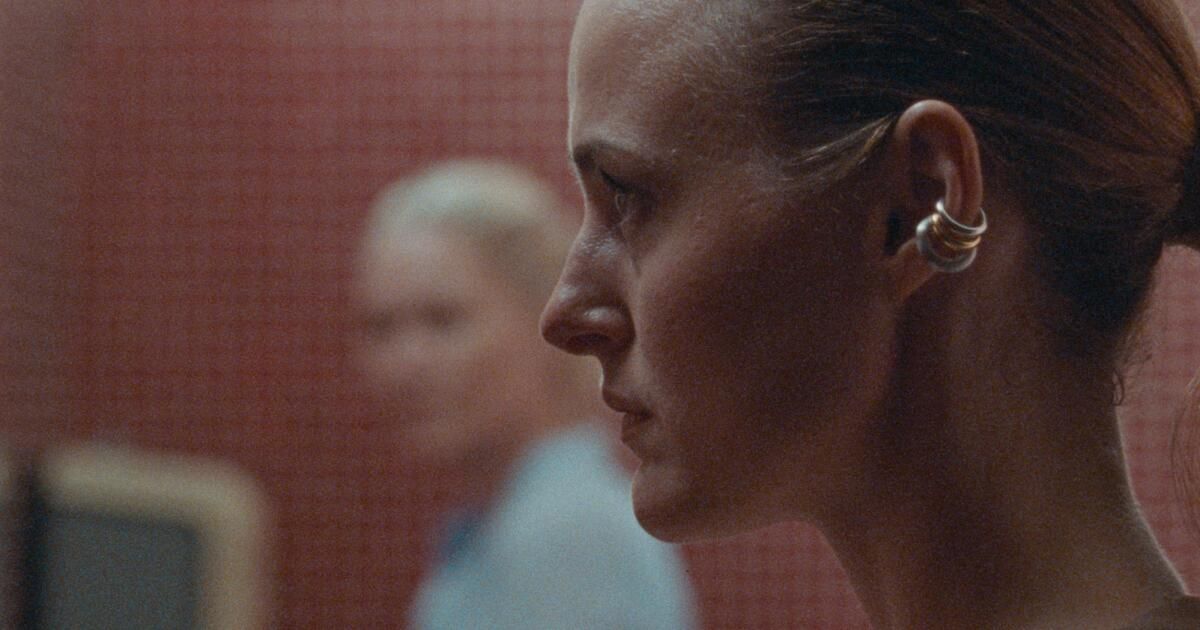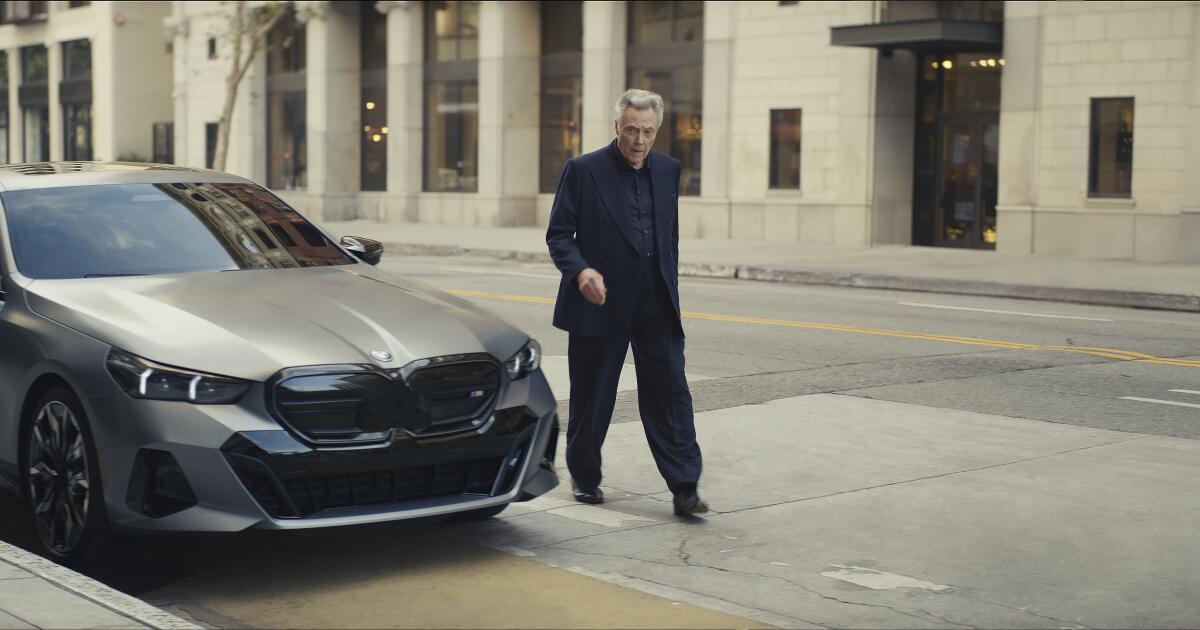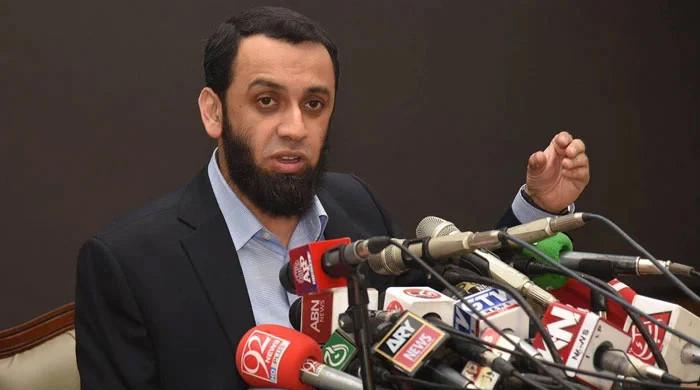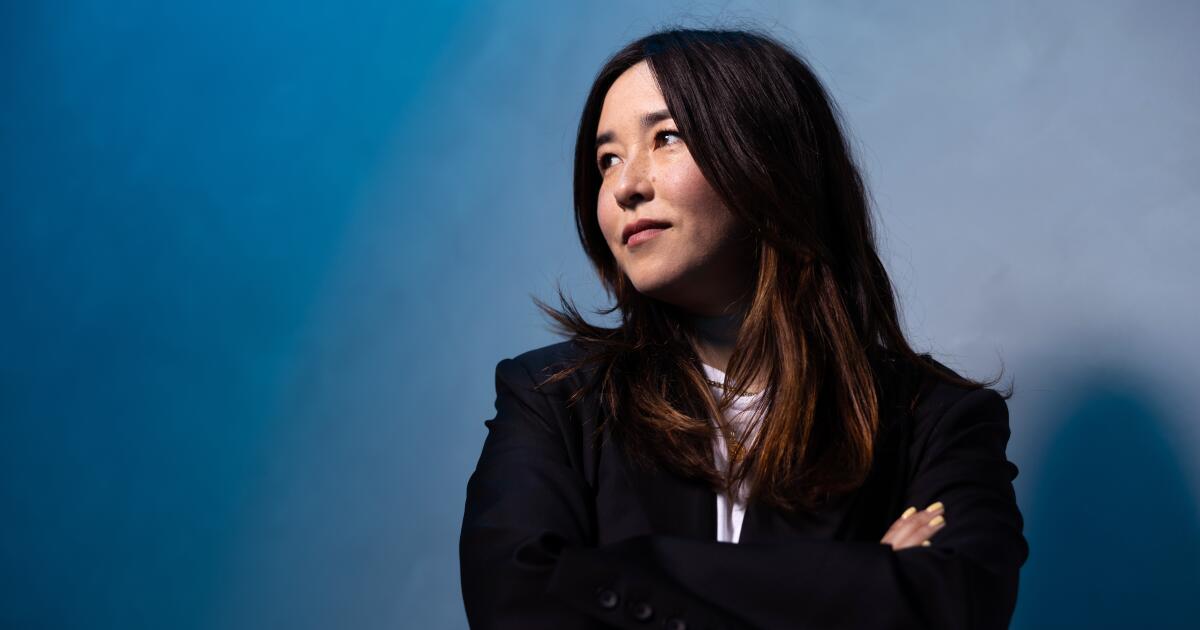Although it takes place entirely within the confines of a Norwegian elementary school building on the eve of summer vacation, and primarily concerning an “incident” between two students, “Armand” is noticeably lacking in children. They are faces in photographs from past classes, perhaps, voices on the other end of the phone and silhouettes curled up in their beds, but not characters themselves: objects of the drama, so to speak, and not its subjects.
Starting from this act of omission, and with a brave lead performance by Renate Reinsve, writer-director Halfdan Ullmann Tøndel analyzes a scandal and the broken family behind it. But he also senses that much of our current concern about the dangers of modern childhood overlooks (or glosses over) who is really responsible: adults.
After all, when an accusation of “sexual deviance” leads the parents of two children to a long, tense conference, “Armand,” which recently premiered in the Un Certain Regard section of the Cannes Film Festival, emphasizes that what What really happened is “less important” to adults than their own agendas. As school officials scramble to prevent the encounter (never depicted, described only second or thirdhand) from attracting the attention of higher authorities, Armand's mother, Elisabeth (Reinsve), and Jon's mother, Sarah (Ellen Dorrit Petersen), they fight a pitched battle of their own, much fiercer than that of fallen friends or suburban rivals. The former is sensitive to the point of hysteria, inspiring in Reinsve sustained bouts of raw emotion as compelling as anything she's seen on screen this year; the latter is callous to the point of cruelty, setting up the film's disturbing climax. For reasons that turn out to be different, neither seems able to keep the boys in the foreground.
But “Armand,” by the grandson of filmmaker Ingmar Bergman and actress Liv Ullmann, is not a bad mom parable. With Jon's father, Anders (Endre Hellestveit), trying to play both sides, plus a mealy-mouthed principal, a counselor prone to untimely nosebleeds, and a teacher-in-training, Sunna (Thea Lambrechts Vaulen), far above In their heads, instead, the film suggests that fears about children's well-being are often an expression (or tool) of adults' personal and political motives. Like this year's Oscar-nominated German-language film “The Teacher's Lounge,” “Armand” confronts, albeit obliquely, the truth that children are the soil in which moral panics take root.
Even beyond the homophobic and transphobic attitudes that shape “gender critical feminism,” rhetoric about “groomers,” and legislation that limits the teaching of LGBTQ issues in US and UK schools, We live in an era of great anxiety about “kids these days.” .” We tried to ban TikTok, control libraries and reading lists, suppress campus protests; we worry about mental health, body image, exam results, and extracurricular activities; We become the anxious helicopter parents and old-fashioned brawlers we once rebelled against. But Generation Alpha, like all generations before it, is simply experimenting with forms of expression and themes of importance that feel true to current circumstances: some French father must have torn his hair out when his son returned, irreparably transformed, from “L”. “A train arrived at La Ciotat station.”
With “Bird,” screening in the main competition, British filmmaker Andrea Arnold offers an alternative: She hands her 12-year-old protagonist a smartphone camera and sets her free. As her father (Barry Keoghan) prepares to marry his girlfriend of three months, and her mother struggles to get out of an abusive relationship, Bailey (Nykiya Adams) rebels by playing records and wandering through the housing estates and neglected fields of Gravesend, near the mouth of the Thames. However, instead of posting the videos of her in portrait format on Instagram, she projects them on her graffiti-filled bedroom wall: her brother Hunter (Jason Buda) getting a haircut; her mother's repulsive boyfriend, Skate, who terrorizes her younger siblings; and strange new friend Bird (Franz Rogowski) twirling around in a skirt as the sun rises.
Long before the film reaches its surprising, sneakily moving denouement, Arnold extends to Bailey the faith so lacking among parents and politicians who seek simply to control children's behavior. What if we trusted children to treat technology as an opportunity for self-expression and communication? Learning about privacy and self-control through guidance, not draconian restrictions? What if we allowed them the space, in their own vernacular, to explore life as we did in ours? Of course, this does not mean total freedom; At one point, a group of Bailey's older friends, armed with a razor blade, attack a classmate accused of picking on a boy's sister, a scene from which she flees as quickly as she skates into one. from his attacks of anger. But it's refreshing that the film acknowledges the hypocrisy of adults who become angry at children navigating the world as they found it, particularly when the children's moral compass, not to mention their courage, surpasses that of the adults. among them.
Malou Khebizi in “Diamant Brut” (Wild Diamond).
(Cannes Film Festival)
However, even when the motive is not noble, it makes no more sense to punish young social media influencers in 2024 than it did to aspiring film and television stars in the last century. By rejecting any appearance of scolding, Agathe Riedinger's main competition title, “Diamant Brut,” which otherwise reads like a derivative of, well, Andrea Arnold, manages to elevate the difficult tropes with which she treats. It certainly doesn't belittle Liane (Malou Khebizi), a 19-year-old living in the underbelly of the Côte d'Azur desperate for fame and fortune, or the idea that a teenager born after the “Survivor” scene could appear. dream of a career in reality television as surely as one could win an Oscar or make it to the NBA.
In stretches, as Riedinger directs his energies toward Liane's development as an influencer rather than toward her bitter mother or her never-going-well love interest, “Wild Diamond” constructs a working-class, Dardennes-style equivalent of that vein. half jokingly. on the Kardashian empire: “The devil works hard, but Kris Jenner works harder.” Dressed in stripper heels and ultra-short skirts, Liane stalks parking lots and street corners selling perfume stolen from department stores until her feet break out in blisters; she aggressively pursues unexpected opportunities; and she never misses an opportunity to create content, whether it's with her friends or posing perfectly in front of her ring light. Riedinger even complements Liane's posts by placing comments from her fans (and haters and responders) on the screen. “Is being loved a talent?” her mother makes fun of her, but in this context it could be called a trade. It takes work.
If Liane succeeds, we know from the beginning, she will simply move on to a more lucrative form of exploitation; The film's most effective scene occurs when an unseen casting director for a “Love Island”-like show asks increasingly invasive questions about his goals, his values and his willingness to play ball. The evidence, however, is in the camera position: we see Liane standing there, scantily clad and trying to project confidence, from the casting director's perspective, placing viewers in a compromising position. Even those of us who criticize the excesses of reality TV can be guilty of loving a good binge.
Ultimately, it is this edge of fury – on behalf of children and teenagers, if not them – that unites “Armand,” “Bird,” “Wild Diamond,” and Rungano Nyoni’s haunting black comedy A Certainty. Mirada, “On Becoming a Guinea Fowl,” in which a Zambian family tries to bury a pedophile uncle's pattern of abuse with him. Maybe it's Millennials' discomfort with my boomer parents speaking out, or at least the political leanings their generation represents, but I was moved by these films' bracing resistance to adults' feigned concerns about child-rearing. children in the world: the environment, the economy, the social and political order, helped break it.
When children are trained for gun violence instead of adults legislating to prevent it; when “influencer” and “reality TV star” have become more promising career paths than “teacher” or “journalist”; when the prospects of owning a home and raising a family are dimmed by economic realities; When politicians and college presidents rail against police against students advocating for an end to climate change or war, it's hard to remain persuaded that the real problem in our society is sharing ridiculous dance routines or clips from “Criminal Minds.” ” on a social networking site.
When the boy's drawing shows bombs falling on a family standing next to their house, as in “Armand's” opening montage of that school without children, the only useful moral panic can be the one we aim at ourselves.












